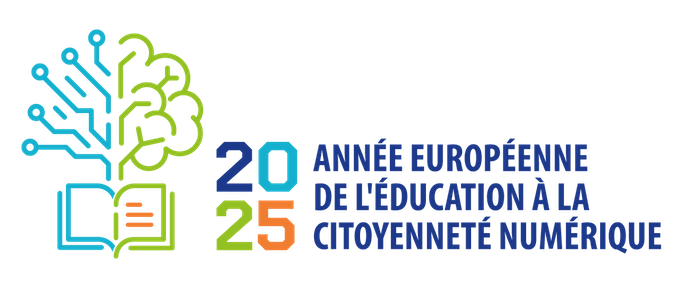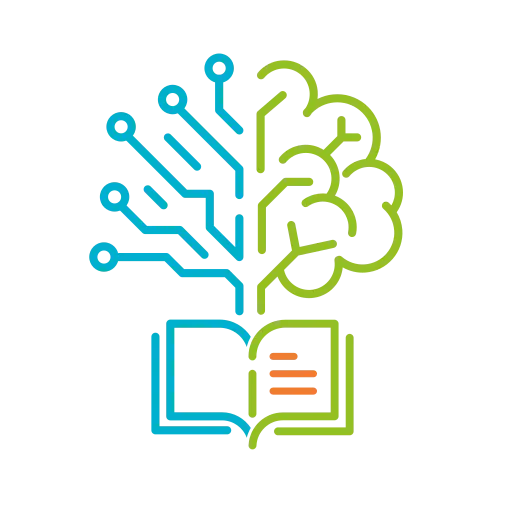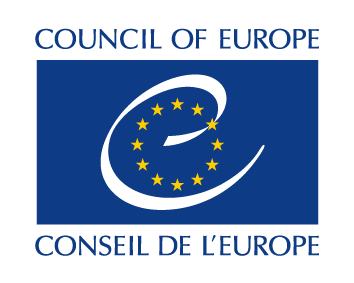- As of 2021, the « Educated Romania » Project has become Romania’s strategic framework for education policies until 2030, and which has identified a number of priority domains. One priority domain of the Educated Romania Project is Digitalisation its objectives including the enhancing digital competences for students and educators, teacher training, bridging the digital divide, and implementing programs on cybersecurity, online safety, and IT ethics. The project incorporates best practices from European and international frameworks.
- Adopted in 2023, the Pre-university Education Graduate’s Training Profile defines the competences that students are expected to have developed upon graduating the different levels of education (pre-school, primary, lower and upper secondary education), in alignment with European standards, including the RFCDC. The digital competence, including internet safety and cybersecurity is one of these competences and implies the effective and responsible use of technology and digital tools, emphasizing digital skills, ethical behaviour, and critical thinking. The Profile serves as a reference for curriculum design and is also useful for teachers, schools, parents and the community, at large, to design learning activites, educational resources, as well as multiple learning contexts, in formal, as well as in non-formal and informal settings.
- The Digital Competence Framework for Pupils (2024) is a competency profile in the field of digital literacy for primary, secondary and high school graduates, defining six domains, from foundational digital skills to cybersecurity and problem-solving, with performance descriptors and monitoring criteria. Teachers, curriculum developers, authors of textbooks and teaching use the framework to define « targets » for learning outcomes in the digital domain and to outline a rational progression in the acquisition of digital competences.
- The Digital Competence Framework for Educators (2022) is addressed to teachers at all levels of education (from pre-school to higher education), including adult education and education in non-formal learning contexts, and describes the digital competences that teachers need to develop in a pregressive manner. It includes 22 key competences across six domains, helping teachers develop the necessary competency to teach learners media literacy, content creation, digital communication and cooperation, problem solving and responsible use of digital technologies.
- Within the current curriculum, pupils study during lower secondary education the core school subject Informatics and ICT. Among the general competences targeted by this school subject are the responsible and efficient use of computing and communications and the creative development of IT products that capitalize on connections between Computer Science and ICT and society. The safe and effective use of the Internet is one of the specific competences covered in the school subject’s syllabi for grades 5 and 6.
- The provision of modern infrastructure adapted to the use of digital technologies in all schools has been one of the six main investments in the field of education, through financing from Romania’s National Recovery and Resilience Plan (NRRP). In 2022 almost EUR 1 billion have been allocated for equipping pre-university educational establishments from all types of administrative-territorial units, including rural areas. One of the three major types of investments supported, is the digitalisation of learning environments through the purchase of ICT equipment (endowment of computer labs and provision IT equipment in classrooms).
Sources
- https://drive.google.com/file/d/1v1jxhuzpxe8EMSXkj9j7YksAY_1sfU7P/view?pli=1
- http://www.romaniaeducata.eu/rezultatele-proiectului/
- https://legislatie.just.ro/public/DetaliiDocument/277019
- https://legislatie.just.ro/Public/DetaliiDocumentAfis/289961
- https://legislatie.just.ro/Public/DetaliiDocument/257563
- https://www.edu.ro/comunicat_presa_116_2022_lansare_apel_competitiv_proiecte_dotare_scoli_mobilier_materiale_didactice_echipamente_digitale



